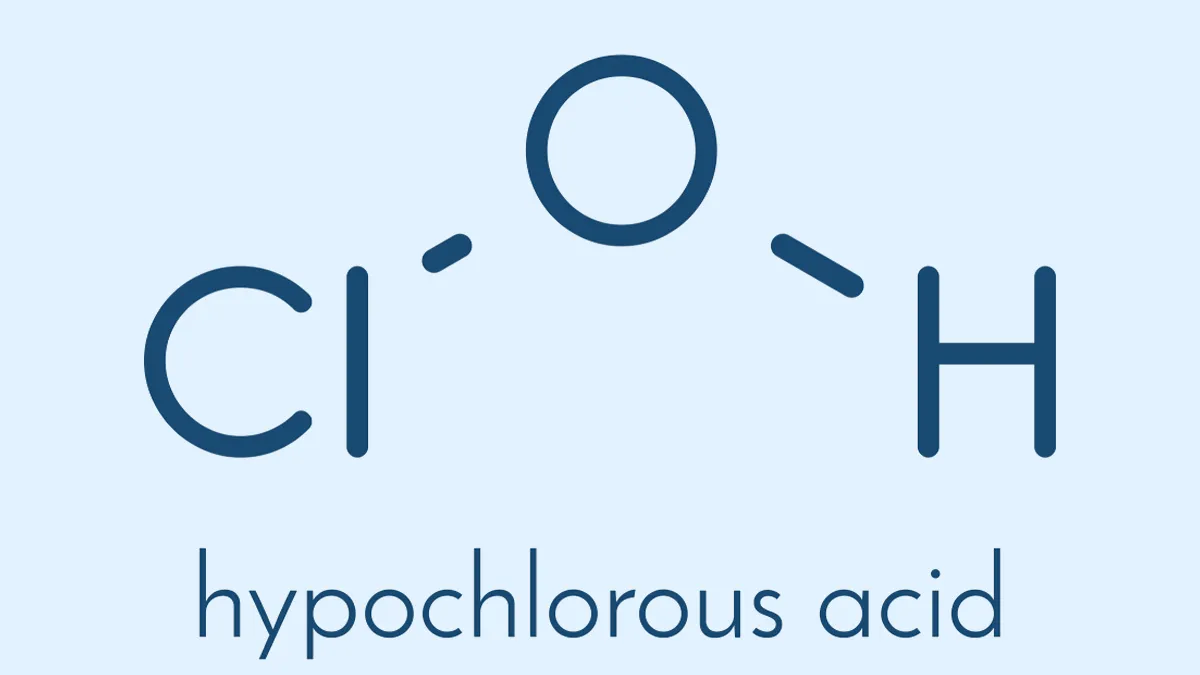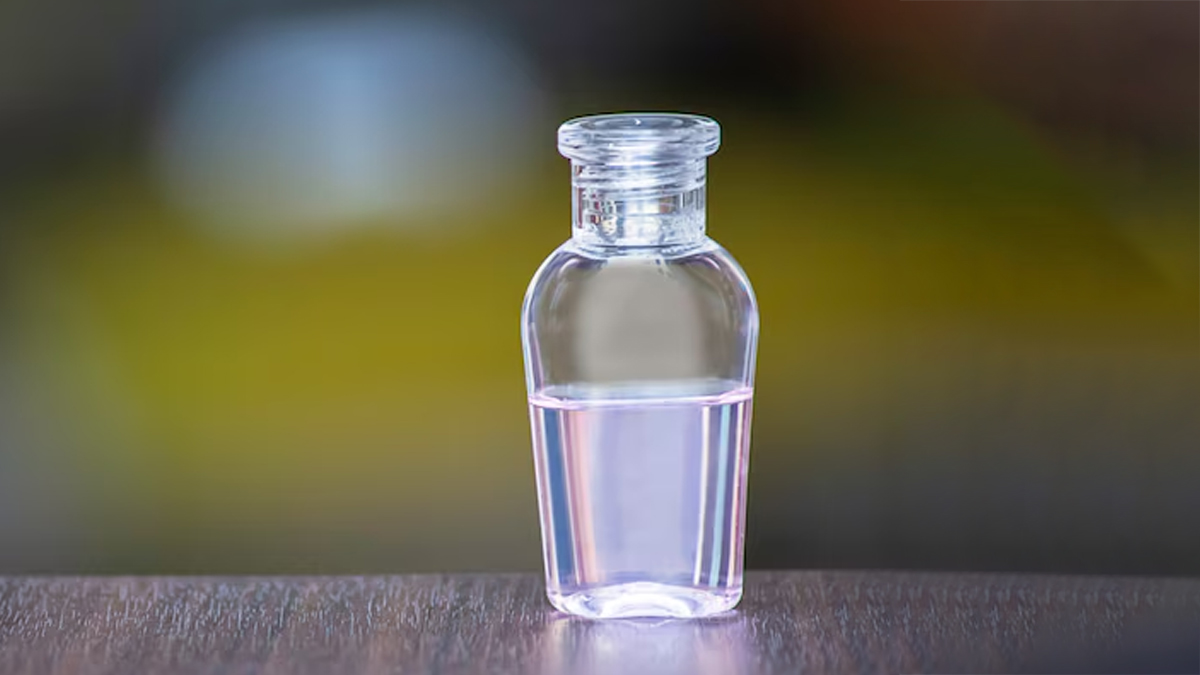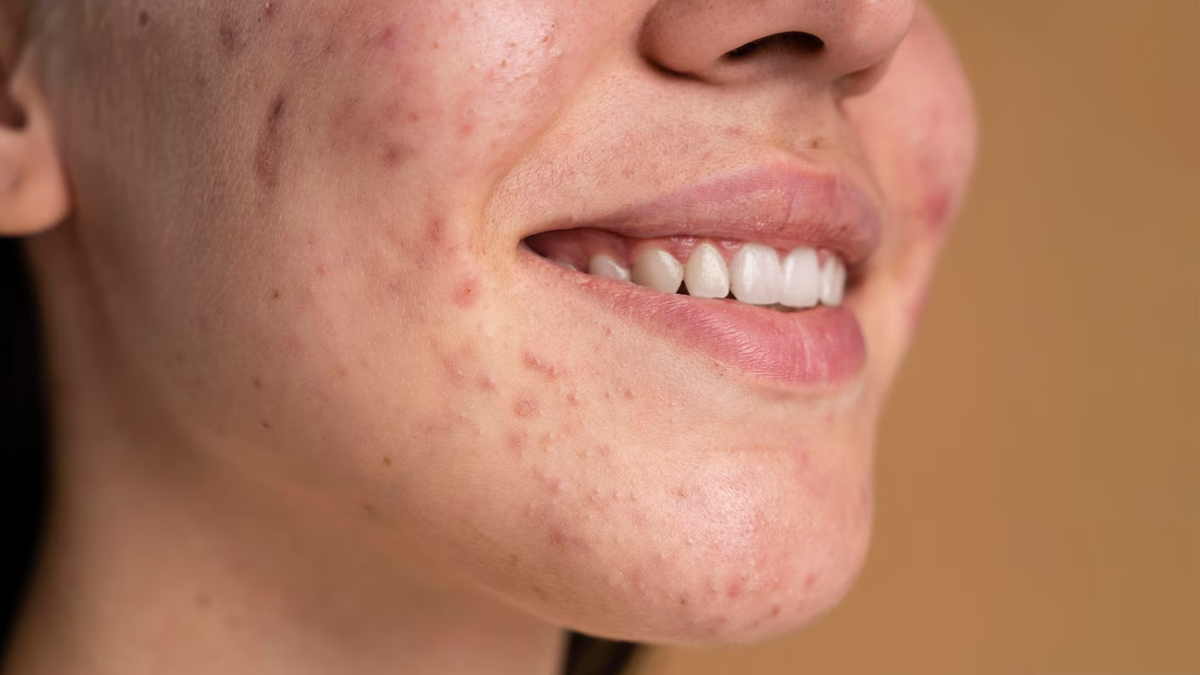
When it comes to skincare, some of the most efficacious ingredients aren't packaged in sleek tubes or accompanied by buzzy marketing, but rather from biology itself. One such skin care superhero is hypochlorous acid (HOCl). It may sound like something straight out of a chemistry lab, but a fun fact: your own body makes it! It is naturally produced by white blood cells to combat bacteria, calm inflammation, and cure wounds.
Table of Content:-
What is Hypochlorous Acid?

Hypochlorous acid (HOCl) is a weak acid but an amazingly potent bactericide, virucide, and fungicide. It has been used in hospitals for decades to decontaminate wounds and prevent infection. In recent years, it has made its way into dermatology and skin care, particularly due to its gentle, non-toxic, and non-irritating nature.
In contrast to other strong acids in skincare products, such as glycolic or salicylic acid, HOCl is gentle enough to be used close to the eyes and on delicate skin, making it ideal for individuals prone to irritation or redness.
Benefits of Hypochlorous Acid for Skin
1. Fights Acne-Causing Bacteria

One of the most hyped advantages of HOCl is its antimicrobial activity. It eliminates Cutibacterium acnes, the acne-causing bacteria, without the dryness or peeling associated with benzoyl peroxide or alcohol products. In a 2023 Journal of Clinical and Aesthetic Dermatology review, HOCl-infused sprays significantly decreased inflammation and redness of acne in patients in just a few weeks of use.
2. Reduces Redness and Inflammation
HOCl not only destroys bacteria but also calms the skin. It can reduce inflammation in contact dermatitis, eczema, and rosacea. A 2020 study found that even low-concentration HOCl treatments are effective and non-irritating on sensitive skin.
Also Read: Best Types of Acids for Skin in Summer: Expert Reveals
3. Promotes Faster Wound Healing
Since your body naturally uses hypochlorous acid to repair wounds, using it externally provides your skin with an additional push. It aids in tissue repair stimulation, promotes wound cleansing, and reduces the risks of infection. This is why it's often used following cosmetic treatments, such as microneedling, laser, or chemical peels.
4. Safe for Sensitive and Reactive Skin
Most acne and anti-ageing products are accompanied by the risk of side effects, such as dryness, stinging, or peeling. HOCl, by contrast, is pH balanced and extremely mild, even in babies or eczema sufferers. It has no alcohol, fragrance, or preservative, which makes it a holy grail for lover-of-miminalist-skincare fans.
5. Can Be Used Anytime, Anywhere
In spray form, HOCl is simple to add to your regimen. Apply after washing, before moisturising, or as a mid-day pick-me-up. It's also commonly used to sanitise makeup brushes, gym equipment, or even small cuts and scrapes.
How to Use It in Your Routine
- As a toner or mist: Spray directly on clean skin before applying serum or moisturiser.
- Post-procedure: Apply after laser or cosmetic procedures to soothe and shield.
- For acne-prone areas: Spray on the back, chest, or face after workouts.
- On the go: Carry it in your bag for a skin-safe refresher that also disinfects.
Also Read: Tannic Acid: Here Are Its Benefits, Side Effects, And How To Use It
Are There Any Side Effects?
HOCl is generally well tolerated, even by people with ultra-sensitive skin. Just make sure you’re using a product formulated for cosmetic use, not industrial-grade or unregulated versions. Always check the ingredients label, and go for dermatologically tested brands.
Bottomline
Hypochlorous acid may lack the flash of a high-end serum or the buzz of trendy actives, but when it comes to skin-soothing benefits, it gets the job done quietly. Its soft, multi-tasking formula makes it ideal for anyone struggling with acne or sensitivity, or just wanting to maintain balanced, healthy skin.
[Disclaimer: This article contains information is for informational purposes only. Hence, we advise you to consult your professional if you are dealing with any health issue to avoid complications.]
Also watch this video
Read Next
Struggling With Dry Skin from Arid Air? Try These Monsoon Friendly Face Packs for Soft Skin
How we keep this article up to date:
We work with experts and keep a close eye on the latest in health and wellness. Whenever there is a new research or helpful information, we update our articles with accurate and useful advice.
Current Version
